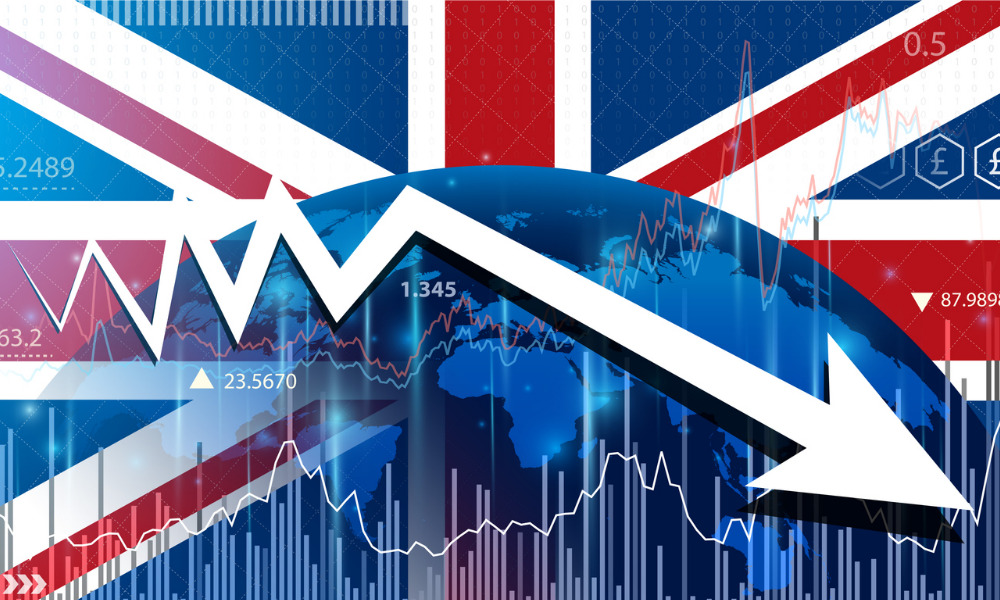It may be just a "short calm before the storm resumes"

Annual inflation in the UK fell unexpectedly to 9.9% in August from the four-decade high 10.1% recorded in July.
According to the Office for National Statistics (ONS), a fall in the price of motor fuels made the largest downward contribution to the change in the Consumer Prices Index (CPI) annual inflation rates between July and August 2022.
It added that smaller, partially offsetting, upward effects came from price rises for food and non-alcoholic beverages, miscellaneous goods and services, and clothing and footwear.
This fall in inflation slightly eases the pressure on the Bank of England, which has hiked the bank base rate six consecutive times since mid-December in an effort to control soaring inflation. Many experts believe another rate increase is coming next week as the UK’s central bank has predicted that inflation will rise even further to 13%.
“It is inevitable that the Bank of England will raise base rate next week, the question is by how much?” Simon Webb, managing director at later life lender LiveMore, said. “The industry guess work is anywhere between 0.5% and 0.75%. Whatever the increase, let’s hope it’s sufficient to help contain inflation and avoid tipping the base rate environment into territory not seen for 14 years.”
Read more: Rate increases mean an extra £1.6 billion expense for British homeowners.
Webb noted that the CPI inflation’s fall was “rather unexpected” and said that with the energy price cap now reduced by the new government to £2,500 from October, inflation can be further dampened to some extent.
“However, this is almost twice as high as this time last year when the energy price cap was set at £1,277, so many people are still experiencing significant increases in their cost-of-living,” he pointed out.
Richard Pike, chief sales and marketing officer at Phoebus Software Limited, said that even though the cost of fuel is coming down on forecourts across the country, everything else is becoming more expensive.
“The Prime Minister’s energy support package will undoubtedly make a difference, but if businesses don’t get the same support, then consumers will be paying higher prices across the board,” Pike commented. “Added to this, we hear that although we now have the lowest unemployment rate in almost 50 years with more jobs available than people to fill them, real wages are not keeping pace with rising costs. At the same time employers are already reporting having to increase wages to entice would-be employees - this too will be a cost that will have to be passed on to consumers.
“We expect that the Bank of England will increase interest rates again next week, but it is difficult to see how, at this rate, it can do anything to alleviate increasing inflation.”
Read more: BSA on the impact of base rate rises.
Nicholas Hyett, investment analyst at Wealth Club, also believe that while inflation moderated slightly in August, it is far too early to be celebrating victory in the war against rising prices.
“Critical everyday items like food and home heating continue to get more expensive, sucking disposable cash out of consumer wallets,” he said. “The shape of inflation is also a concern. Inflation driven by food, electricity and gas will likely hit the poorest hardest – since they spend a far greater proportion of their income on essential goods than the wealthy.
“Government plans to cap energy prices will help to some degree, but it may be that more support is needed over the winter if prices accelerate away once again. Concern about the state of the UK economy and pace of government spending is already weighing on the price of sterling, and acting as a key driver of inflation. Further demands on the public purse would make things worse but may be unavoidable.
“Today’s moderation in inflation is welcome, but it may be just a short calm before the storm resumes.”



